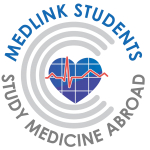
Located in: Poland
















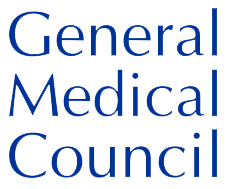





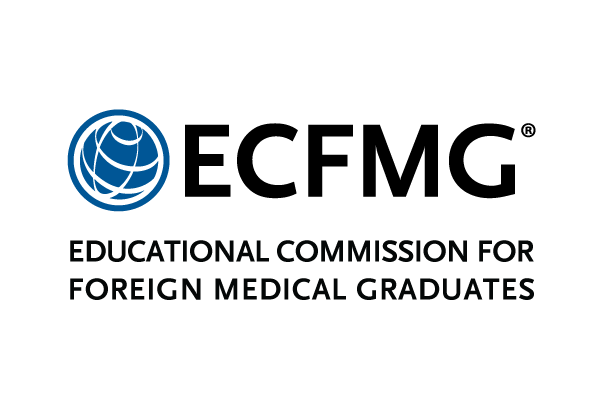



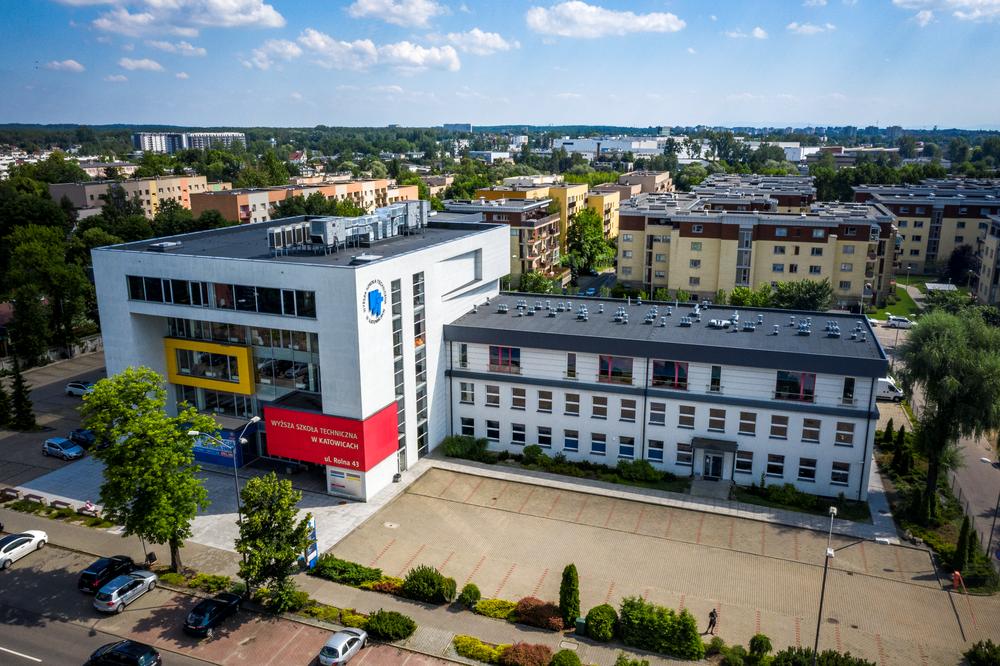

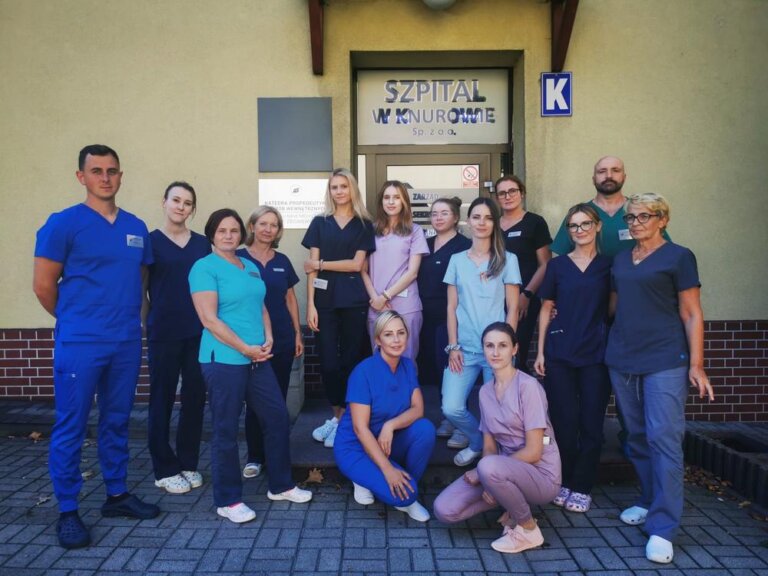

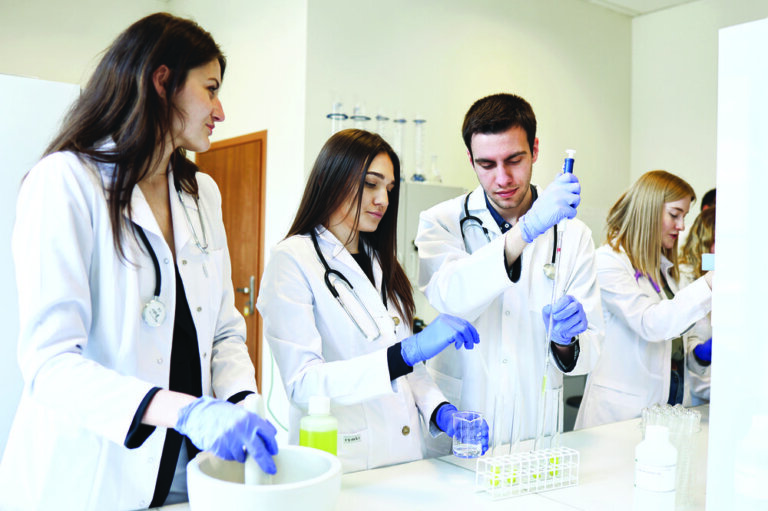

The Academy of Silesia (AS), previously known as the Katowice School of Technology, was established in 2003 in Katowice, Poland. The university also has a campus in Zabrze, a charming city close to Katowice.
The mission of the university is to establish a modern system of education which meets and exceeds international standards and requirements. The Academy aims to not only arm students with the necessary knowledge to succeed but also to develop their clinical skills in real-world scenarios.
The university’s top priority is ensuring students are exceptionally well-prepared for their future roles. The syllabus of AS is designed to give students the skills they need to become specialists in their respective fields while teaching them how to overcome any challenges that come with their profession.
The Academy of Silesia uses the European Credit Transfer System (ECTS), which ensures a fair and transparent method of student evaluation. Additionally, this system allows students to easily join exchange programmes, such as Erasmus+, letting them gain international experience.
Currently, the university does not have a graduate entry pathway into Medicine, but Student transfers are possible.
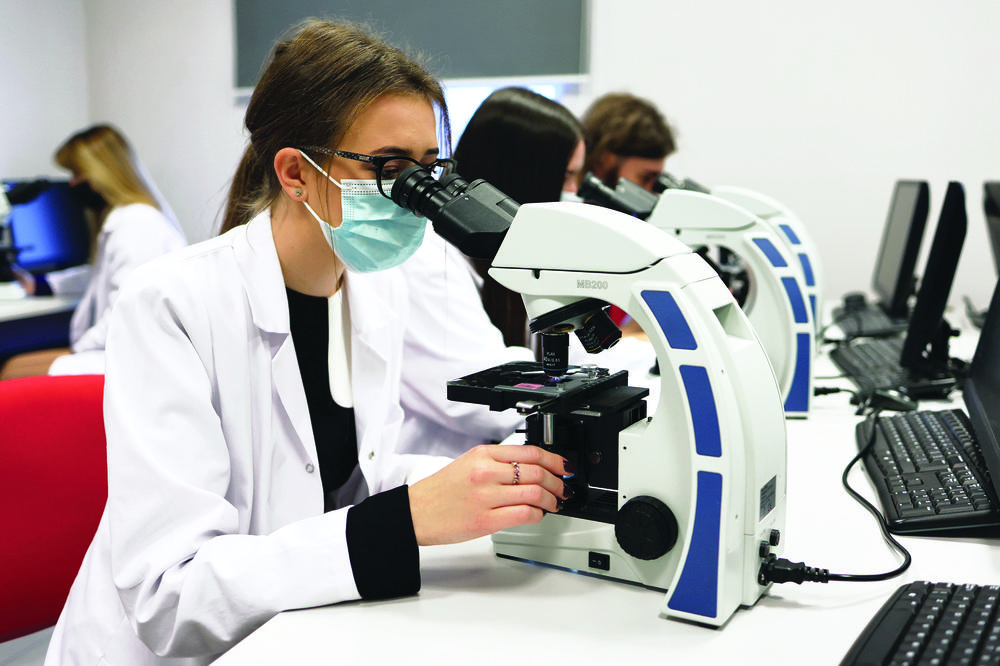

The Academy of Silesia offers an accredited and internationally recognised MD programme in English. It meets international standards and ensures that graduates are equipped with the necessary qualifications, knowledge, and practical skills to excel as medical professionals.
The university places a strong emphasis on practical training and instilling an impeccable ethical attitude, empathy, and the skills to develop a deep respect towards patient care.
The teaching staff at the Academy of Silesia is a carefully selected team of professionals who are dedicated to training the next generation of medical professionals.
The faculty is proficient at teaching in English and are more than happy to clarify concepts either in-class, after lectures or via online communication. There is also additional support available through university-approved tutorship programmes, which allow students to learn directly from upperclassmen.
Teaching at the Academy of Silesia is carried out by using modern technology, including a state-of-the-art Medical Simulation Centre and a comprehensive online platform with learning resources. This is in addition to traditional teaching methods such as lectures, seminars, exercise classes and bedside learning with real patients.
Students will apply their knowledge to diagnose and treat diseases during practical sessions held in clinical labs, diagnostic centres, hospital wards, and clinics. During these sessions, each student will have the opportunity to practise their clinical skills in a safe and controlled environment under professional supervision.
Additionally, students will be able to participate in guaranteed summer internships after each year of study.
The course is designed to give 360 ECTS credits and lasts for 6 years, divided into 12 semesters.
The MD programme is structured as follows:
The curriculum at the Academy of Silesia Medical University offers a comprehensive education that completely prepares students to achieve success on a global scale in the medical field. To ensure this, students at AS also learn about behavioural and social medicine, medical law and management, empathy, and professionalism.
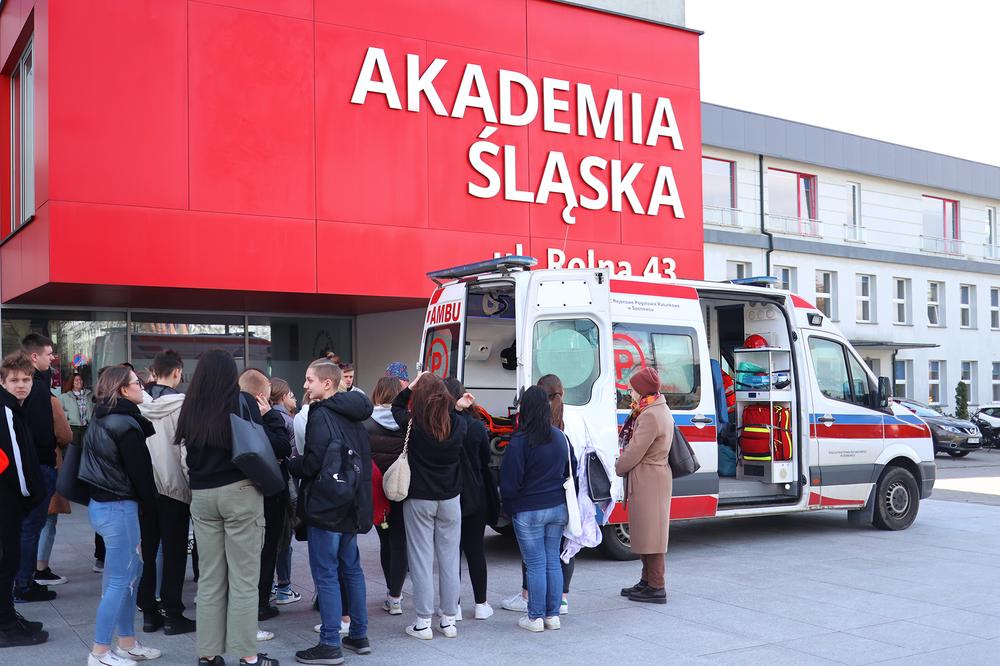

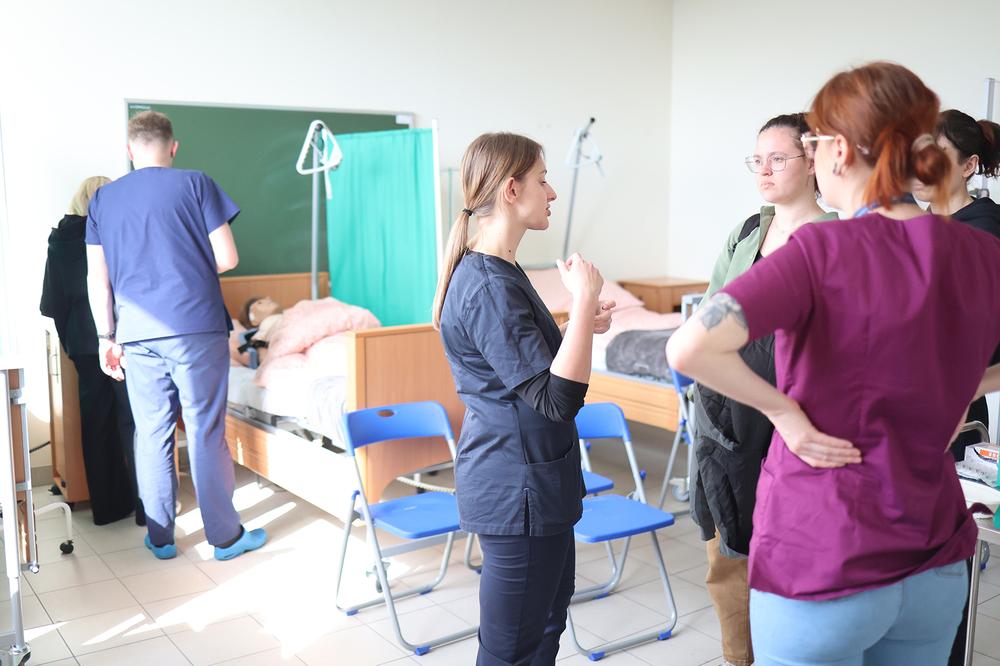

AS is affiliated with and cooperates with 5 different hospitals and clinical centres, where students receive top-tier practical training under the supervision of experienced professionals:
The Academy of Silesia implements several clubs and projects aimed at facilitating student growth. These include but are not limited to:
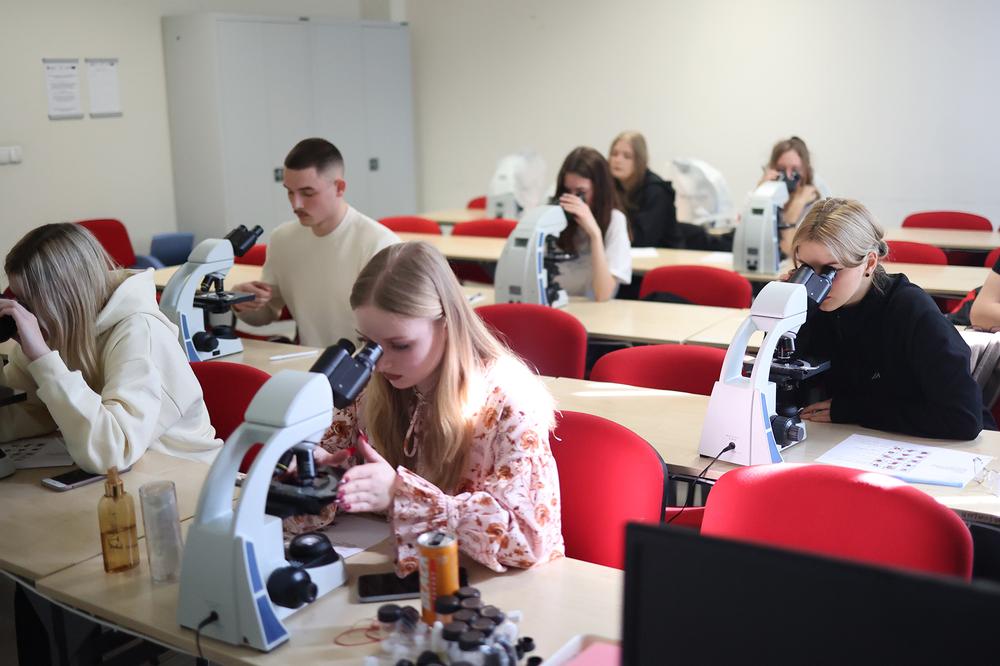

The Academy facilitates research opportunities for its students through the Silesian Academy Student Research Group. This organisation is dedicated to giving students the opportunity to personally contribute to their respective fields by regularly organising didactic field trips, exhibitions, and student-led conferences, which all regularly enjoy high attendance.
The research conducted by the Student Research Group is published in student-authored journals and publications, which greatly contributes to the academic and professional growth of the students of the Academy of Silesia.
The Academy of Silesia uses a semester-based tuition fee structure and the fees start from per year.
| Semesters | Tuition fees per semester |
|---|---|
| 1, 2, 3, 4 | |
| 5, 6, 7, 8 | |
| 9, 10, 11, 12 |
The Academy of Silesia assesses prospective students based on:
Candidates are required to provide proof of passing a matriculation exam in Biology (compulsory subject) and Chemistry, Physics, or Mathematics (secondary subjects). Students who haven’t passed either of these matriculation exams will be required to sit a university placement examination for Biology and Chemistry. These entrance exams are usually carried out in mid-July.
Similarly, students who don’t have an English language certificate (such as IELTS, Cambridge, etc.) can also sit a test at the B2 level, which is also carried out in mid-July. If a candidate has proof of English knowledge (e.g. they've studied in an English high school), he/she does not have to do an English entrance exam.
In essence, if you have passed matriculation exams for Biology (mandatory subject) and Chemistry, Physics or Mathematics, you won't need to participate in the entrance exams.
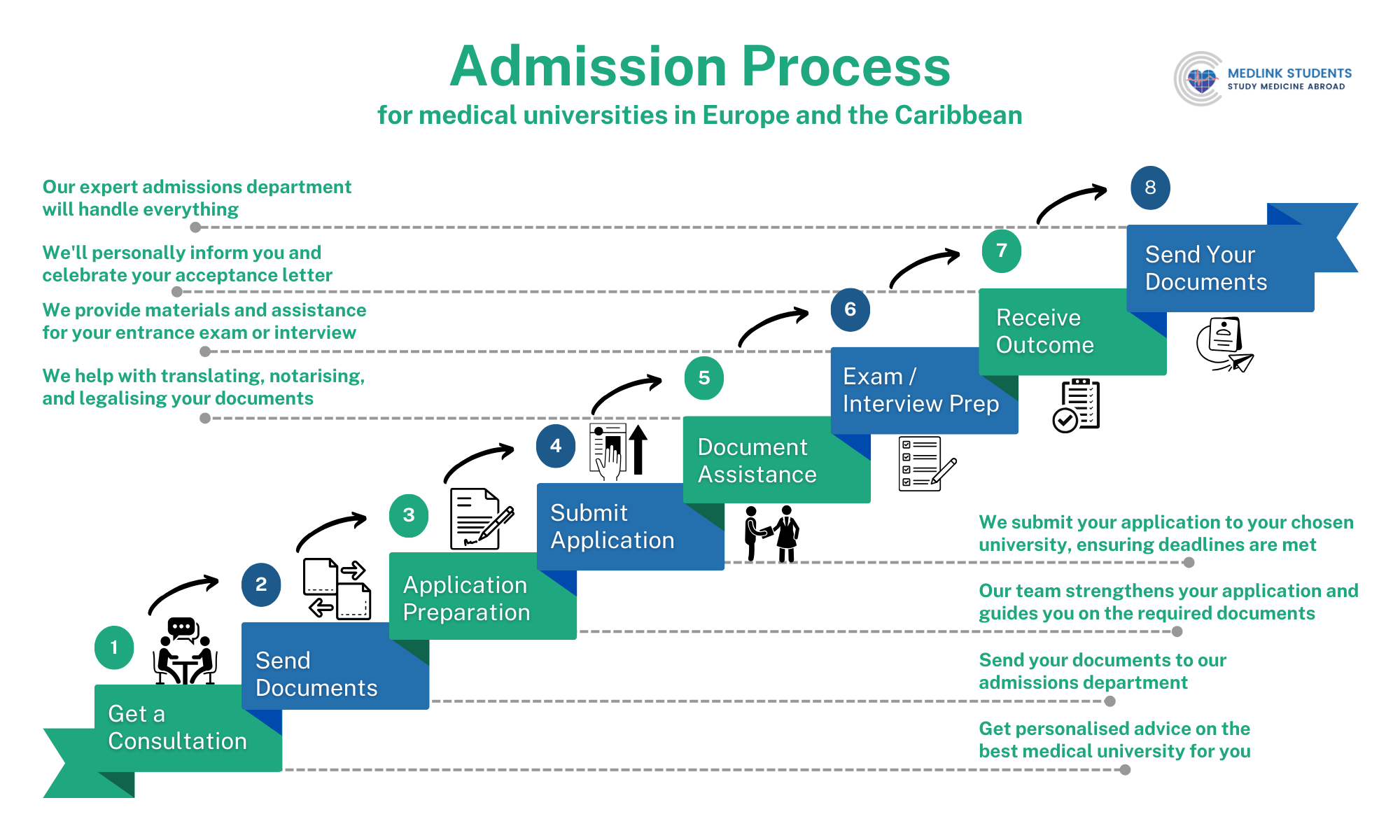

Additionally, the Academy of Silesia has an extensive list of documents that need to be prepared in order to be considered for admission. These documents need to be legalised or have an apostille, pass nostrification (if needed) and be translated. Incomplete and incorrectly submitted applications will be rejected. However, there’s no need to worry. The Medlink Students admission team is widely regarded as one of the best in Europe and can take care of your application process in its entirety. We will handle all the exhausting legal procedures so you can concentrate on what’s really important - preparing for your exams and future career in Medicine.
The university has 2 intakes - one in October and one in March.
The Academy of Silesia, Faculty of Medicine, accepts student applications for their winter semester intake from the beginning of May to the middle of July. After which, any necessary examinations are conducted, and the university announces the list of successful applicants around the end of July.
After getting their results, students have until the end of July to confirm their attendance.
Candidates will still have the opportunity to apply until the end of September by passing through additional procedures. You can contact our team for details.
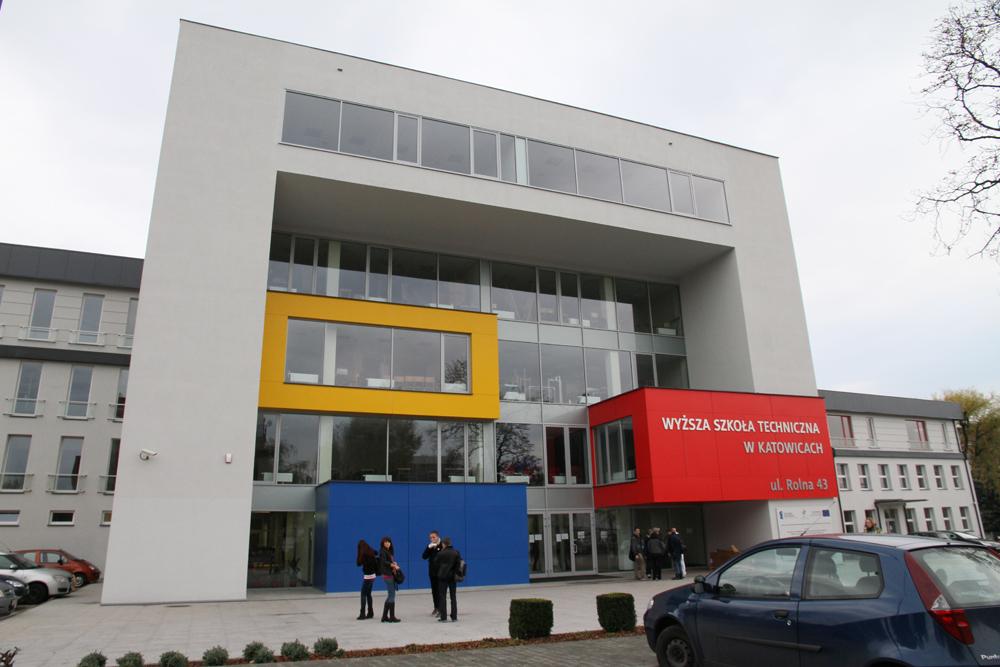

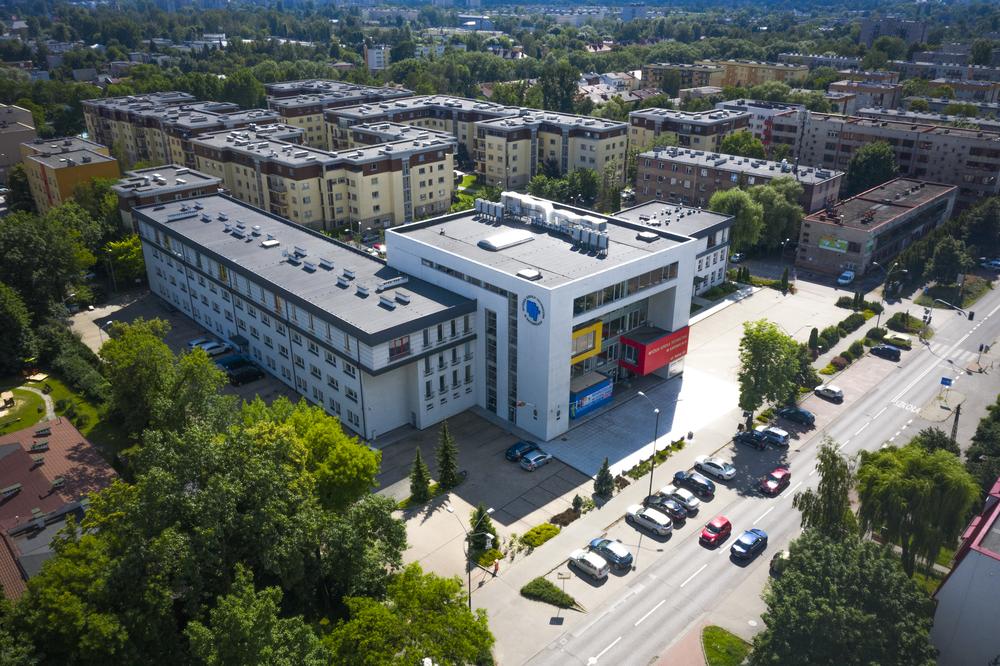

Upon completing their studies at AS, students get an internationally recognised diploma and the title of Medical Doctor.
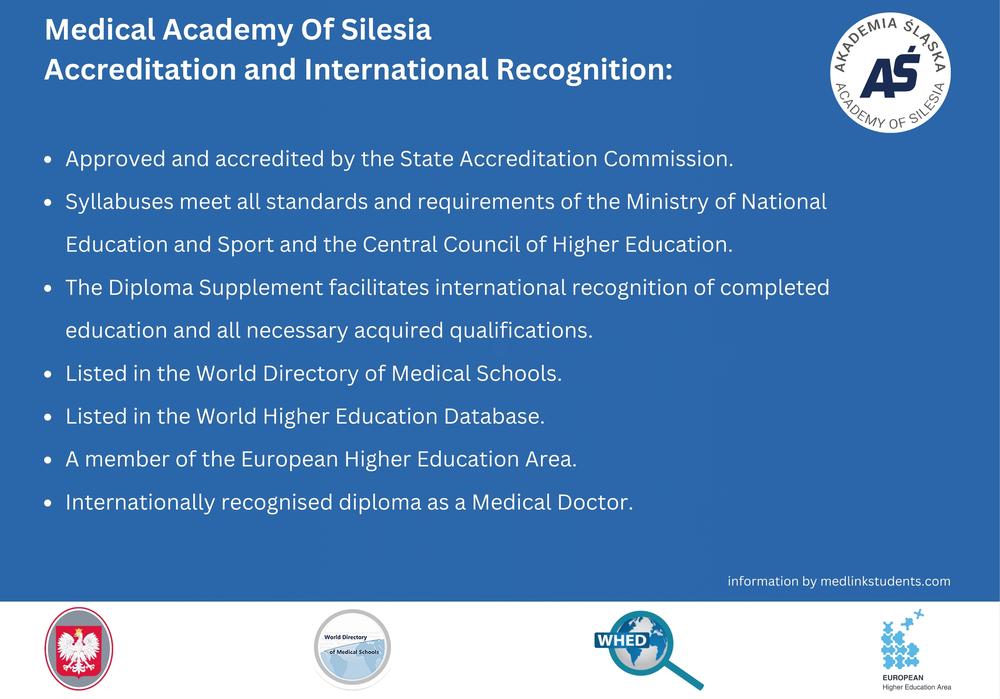

Student life in Poland is characterised by a diverse, positive and welcoming environment. The country is known for being a safe destination with low crime statistics, which applies to both Katowice and Zabrze.
A common concern for new students is whether they’ll be able to make friends in a new and unknown place, but there’s no need to worry. Here, you will be able to easily fit into a community of local and international students, including students from the UK, Switzerland, Germany, UAE, and many more. In fact, students are often surprised how easily they formed a group of friends when they first arrive in the country.
While studying in Poland, you will also be able to enjoy the following:
One of the best parts about studying in Poland is that you can enjoy a high quality of life without having to break the bank. On average, you can expect to spend between , depending on your respective lifestyle.
Poland is known for its rich natural beauty, and both Katowice and Zabrze are no exceptions. Katowice is rich in green spaces and parks, while a peaceful and beautiful natural landscape surrounds Zabrze.
The local communities of Poland are known for their hospitality and welcoming nature. No matter what part of the country you are in, you are sure to feel welcomed by the friendly atmosphere of the locals.
Poland is a country that loves to celebrate, and both Katowice and Zabrze embrace this spirit with a diverse array of festivals and events. From cultural celebrations to music festivals, there's always something happening in these cities.
Both cities offer a wide variety of entertainment options. From lively nightclubs and modern bars in Katowice to cosy pubs in Zabrze, students will have plenty of options to unwind in their free time and meet new people.
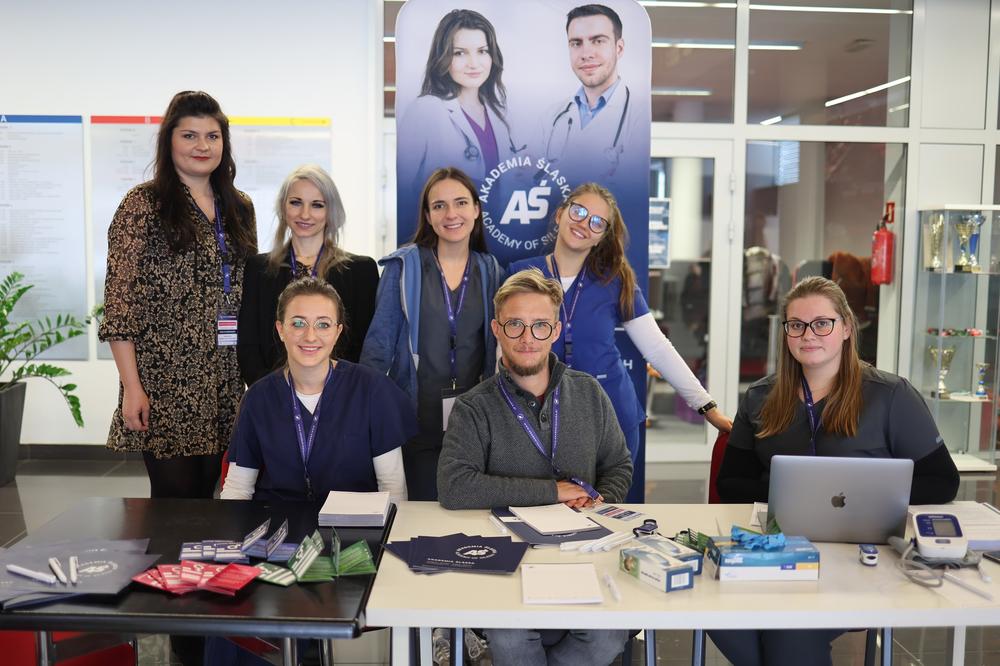

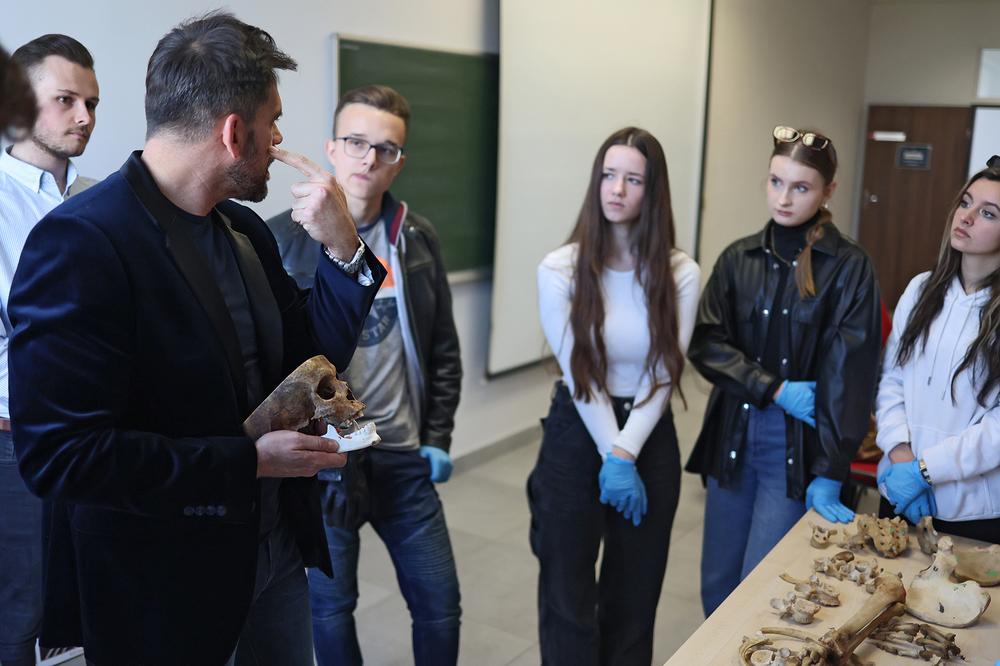

Poland and its citizens are globally celebrated for their hospitality, creating an inclusive and diverse learning environment for students. The country enthusiastically welcomes students from across the globe. Both the Medical Academy of Silesia and the country as a whole enthusiastically welcome students from across the globe.
Both Katowice and Zabrze provide a large array of culinary options, including:
Overall, the Academy of Silesia Faculty of Medicine delivers a well-rounded medical education featuring modern facilities, student-centred development projects, and a comprehensive curriculum that meets global standards.
The academy's dedication to student-focused learning and excellence in clinical practice guarantees that graduates are fully equipped to become exceptional doctors who are ready to navigate the demands of the medical field.
If you’re ready to embark on your journey toward becoming a successful healthcare professional, we strongly recommend scheduling a free consultation with one of our expert advisors. We will tell you everything you need to know about studying at the Academy of Silesia and will guarantee that you get accepted to this prestigious university.










The Academy is located in Poland and has two campuses in two cities: Katowice and Zabrze.
The Academy has a semester-based tuition fee:
Yes, transfers are possible.
Absolutely. AS offers an accredited and internationally recognised Doctor of Medicine course in English.
Students can apply to the university until mid-July, and we recommend starting the application with us as early as possible, as there are many complex procedures that need to be completed before submission, and they all take substantial amounts of time.
*Due to potential changes in program intakes, contacting your advisor before applying is strongly advised.
If your respective matriculation exams were in Biology (mandatory subject) and Chemistry, Physics, or Mathematics (secondary subject), you won’t need to sit an entrance exam.
However, if you don’t have either of these, you will be asked to take part in a university placement examination, which is carried out in mid-July. Additionally, if you don’t have a certificate proving your English proficiency, you will be asked to sit an English test at the B2 level.
Clinical training at the Academy of Silesia is carried out in the university’s 5 affiliated hospitals and clinical centres.